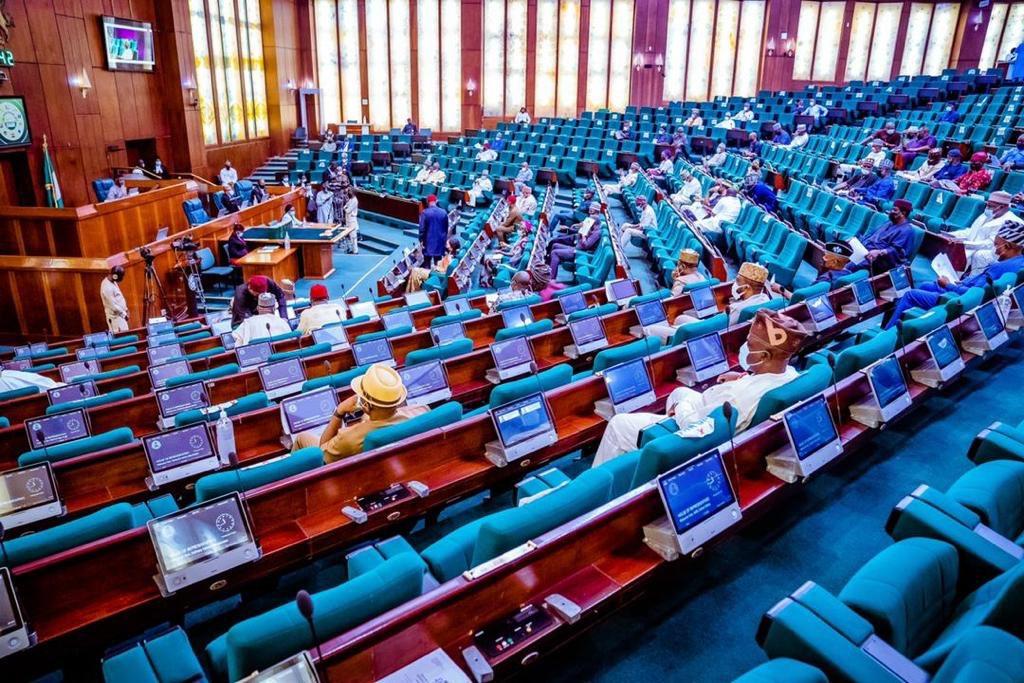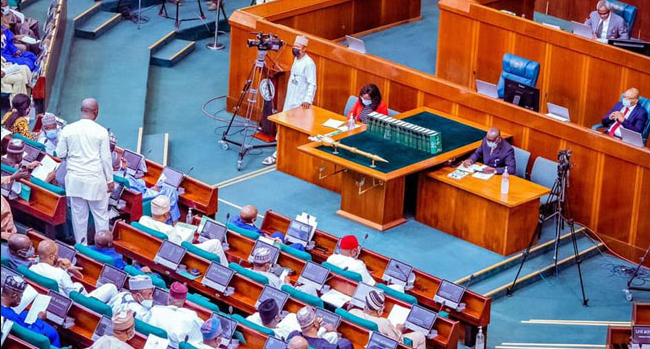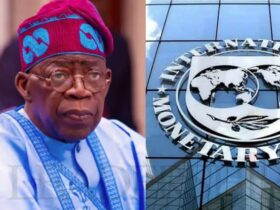An ad hoc committee of the House of Representatives tasked with investigating the sale of Federal Government assets has raised serious concerns about the Nigerian Ports Authority (NPA) for disposing of a vessel at the shockingly low price of N48,000 and selling various government assets at the Lagos Port Complex Apapa for a mere N1 each.
In its recent findings, the committee revealed that the NPA sold a total of 16 vessels in 2019, raking in a meager sum of N156.24 million. Notable among these sales were the PC Shelleng, which went for a mere N48,000; SPB 3, sold for N54,000; ML Pategi, which fetched N3.2 million; ML Misau, sold for N1.06 million, and PB Kabba, which was sold for N5.4 million.

Startling documents presented to the committee unveiled further discrepancies in the sales of government assets, including luxury vehicles such as Ranger Pick-Up trucks, Toyota Coaster Buses, Toyota Corolla cars, Toyota Hiace buses, and Toyota Camry sedan cars, all sold at significantly reduced prices.
READ ALSO: David Hundeyin Seeks Ghanaian President Intervention Over Repatriation
The documents also exposed the sale of a staggering 45 million miscellaneous items at the Apapa Port in Lagos in 2022, each priced at a meager N1, amounting to a total revenue of N45 million. These sales were documented via an invoice dated August 9, 2022.
Moreover, the NPA reportedly sold 10,800,700 items at its Apapa Dockyard in 2021, all priced at N1 each, resulting in a revenue of N10.8 million. Additionally, documents indicated that the NPA disposed of 20 million scrap metals at the Kirikiri Terminal II in Apapa, again at a nominal N1 per item, yielding a paltry N20 million in revenue from the transaction.
The Chairman of the investigating committee, Julius Ihonvbere, has adjourned the proceedings to reconvene on September 25, 2023, allowing NPA officials ample time to prepare comprehensive responses to the questions posed to them.
The committee has directed the officials to provide a detailed list of properties slated for auctioning, evaluation reports, and government approvals for the sale of these properties obtained from the Bureau of Public Procurement (BPP).
Also, the committee has requested information on the registered property valuers involved in these transactions, along with their reports. Bidding procedures, newspaper publications, selection criteria, and any other relevant documents have also been requested to aid in the investigation.








Leave a Reply